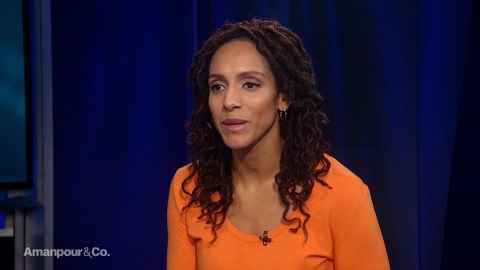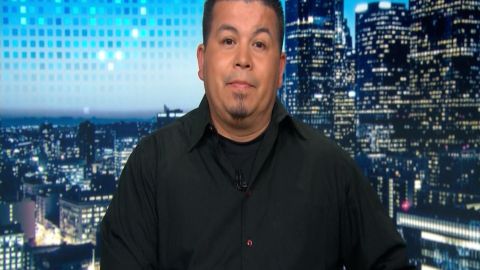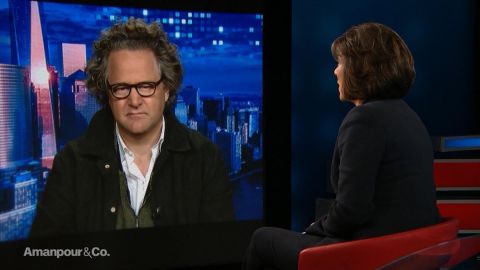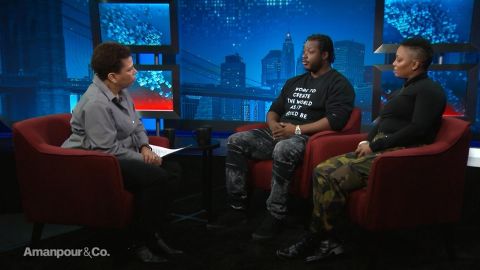Read Transcript EXPAND
CHRISTIANE AMANPOUR: So, I guess here, we are. It’s about three weeks since this shutdown began. I mean, what are you feeling? Did you ever think it would get to this state?
MARK MUNOZ, FURLOUGHED FIRE CAPTAIN IN THE U.S. FOREST SERVICES: You know, we definitely prepared for this when we got word that the government was going to shut down. And day one, as soon as they let us know that the government was going to shut down, it has brought tremendous amount of stress.
AMANPOUR: But tell me how, for you personally, I said that it’s a punch in the pocketbook. I mean, your wallet must be hurting, every day efforts to try to make end meet — make ends meet. Is that the case to you?
MUNOZ: Almost definitely. Most folks are under the impression that, you know, all federal workers make a lot of money and that firefighters with the federal government make tons of money and that’s not the case. Already before furlough, a lot of our folks are working paycheck to paycheck. So, with the furlough now involved with this, it’s a tremendous amount of stress that’s put on the shoulders of every worker here in the federal government.
AMANPOUR: And for you, specifically, there in Los Angeles, I mean, you have seven daughters and your wife is recovering from cancer. What does it mean on the daily basis for you? How do you feed, clothe, house, send to school your daughters, keep caring for your wife?
MUNOZ: You know, a lot of it is from savings, which is already gone already within the first two weeks of the furlough. A lot of it is picking up, you know, odd jobs, doing lawns, family support, we have also strong support from our union that’s trying to end this shut down right now. It’s really — it just comes down to support from your coworkers, your family and friends.
AMANPOUR: And how did you think you can survive on that kind of, you know, sort of ad hoc hand to mouth support?
MUNOZ: Maybe another week.
AMANPOUR: Wow. So, what would you say to your representatives, to your Congress and senators and to the president, what would you say?
MUNOZ: You know, both parties need to come together, come to an agreement, come to some common ground. This is affecting over 800,000 of your workers that want to get back to the community in this country. They want to get back to work. The stress is unneeded, it’s unwanted and it’s not acceptable. I think the sooner you guys come to an agreement and some common ground, we can get back to work and finish doing our job.
AMANPOUR: What do you make of the president’s trip to the border, for instance, and the issue of the border Wolf in this fight?
MUNOZ: You know, I think the whole issues with the border wall, do you support the wall, do you not support the wall, do you support our president, do we not support our president, I think that’s bringing the biggest division right now and the biggest focus when the focus should be on the employees that are not working right now. I think all that focus needs to be on to the employees that are furloughed at this time and that need to get back to work to support their families.
About This Episode EXPAND
Christiane Amanpour speaks with furloughed Fire Captain Mark Munoz; British Justice Minister Rory Stewart; author Afua Hirsch; and director Florian Henckel von Donnersmarck. Michel Martin speaks with Baltimore Police Officer Monique Brown & Alex Long about “Charm City.”
LEARN MORE



